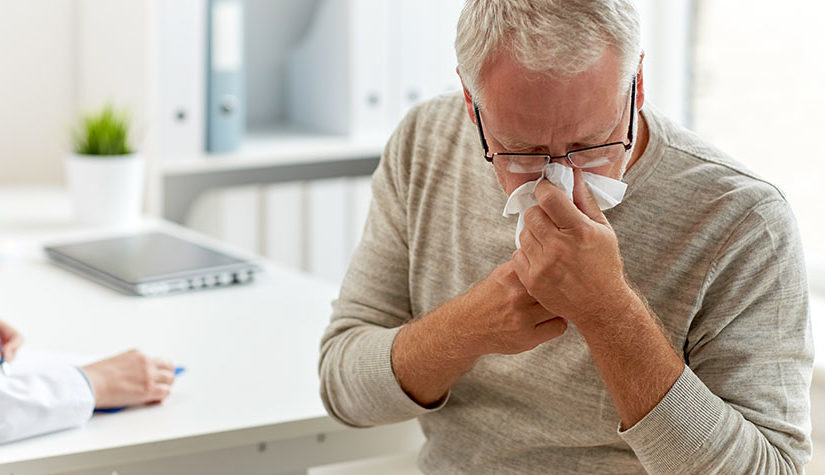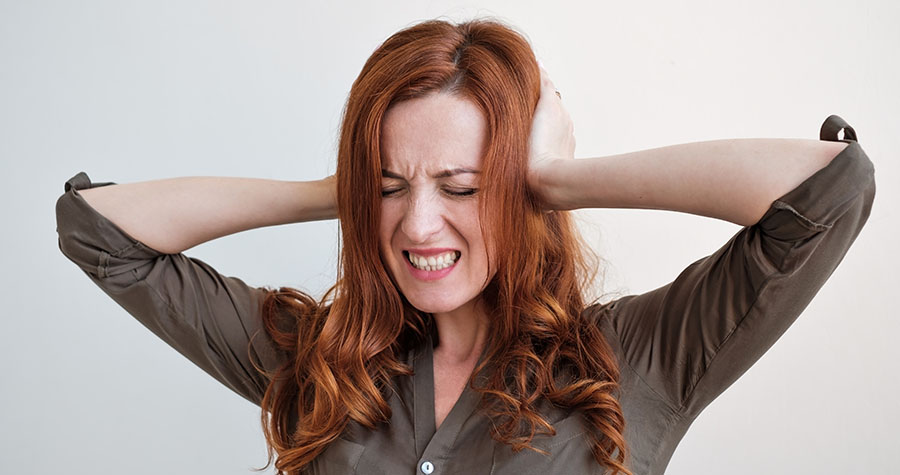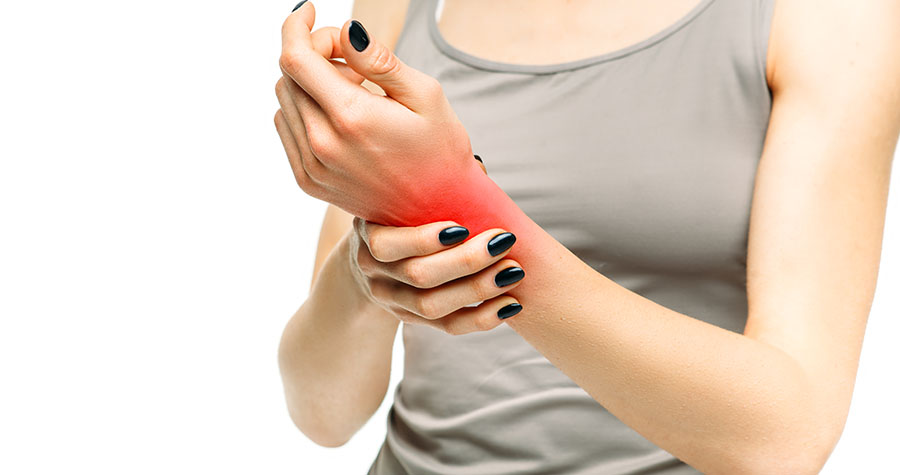Allergies, they occur in every season. Every allergy in any season is hard to deal with and can make you feel quite uncomfortable and sick, for which you may need to visit an allergy physician. So, here are some things you should know about fall allergies.
What Are The Triggers?
Allergies in the winter months are caused mainly by pollen. Pollen is a significant allergy trigger and it is mostly due to plants and flowers. Pollen finds its way into your body via your nose, mouth or eyes. Pollen can be traveled by wind, water and dust. It is microscopic so you can’t see it clearly. Another allergy causing trigger is dust mites. They are present in the dust and they can make a person sneeze a lot.
Some people might be allergic to certain fruits in the colder months, so consumption should be very careful, if you are susceptible to food allergies. Hay and dust is also very triggering in allergies.
What Are The Symptoms?
Allergies have very similar symptoms and most of them are associated with breathing and chest problems. Some people might also experience skin rashes and other issues. You might experience shortness of breath, wheezing, coughing, sneezing, sore throat, tightness in the chest, along with skin rashes, red and irritated skin, small bumps on the skin, puss filled painful bumps on the skin, etc. This might be different for everyone, but these are the general symptoms of a common fall allergy.
Some people will not feel the symptoms at all and some people are quite sensitive to it, so it is variable to circumstances and the overall immunity of the person being affected.
How Can Fall Allergies Be Diagnosed?
There are so many diagnosis tests which can be done for pinpointing a fall allergy. Blood tests, patch tests, food allergy tests, resistance tests etc. are done in order to diagnose an allergy. It is important for you to consult with a doctor as soon as possible so that you can begin treatment for your allergies, so you can feel less uncomfortable and more relieved.
Doctors will carry out several tests based on your symptoms and then a proper diagnosis is made. The allergy tests usually don’t take as long to run, and the results come back within a day or two, so you don’t have to wait that long for your diagnosis. After the diagnosis, your treatment and medication will be prescribed to you.
Treatment For Fall Allergies
Most allergies including fall allergies are caused because a person has a weak immune system. There are many ways by which you can boost your immune system and the medical term is known as immunotherapy. It comprises different medications, which are either tablets or syrups prescribed to you, to help build your immune system. Other treatment options include consumption of steroids if your symptoms are very strong and they make you feel extremely sick or uncomfortable. Otherwise, antihistamines are also very effective for the majority of the people.
For nasal issues, steam and nasal sprays are considered to be a great option since they keep your nose moist at all times and you don’t feel dry. For some people, the symptoms go away after some time, so they don’t need medication at all. But, this prescription is given to you by the doctor, and you cannot take these medications over the counter. A proper diagnosis is necessary for the doctor to be able to prescribe you any sort of medication.
Precaution For Fall Allergies
Some precautions include wearing a mask at all times so you don’t get pollen or dust near your mouth. Try to keep your windows closed, especially on windy days. Pollen has a greater chance of traveling in the wind. Keep the air around you clean and moist, which is why a humidifier is a good investment. If you come back after a long day, make sure you shower first and keep the clothes in washing. Try to maintain your hygiene as well, you will be less prone to catching allergies this way.
There you go! Now you know how fall allergies occur and you can stop them from affecting your health so much. However, never underestimate the experience of allergy specialists Germantown and give them a visit if the symptoms are not relieving.




